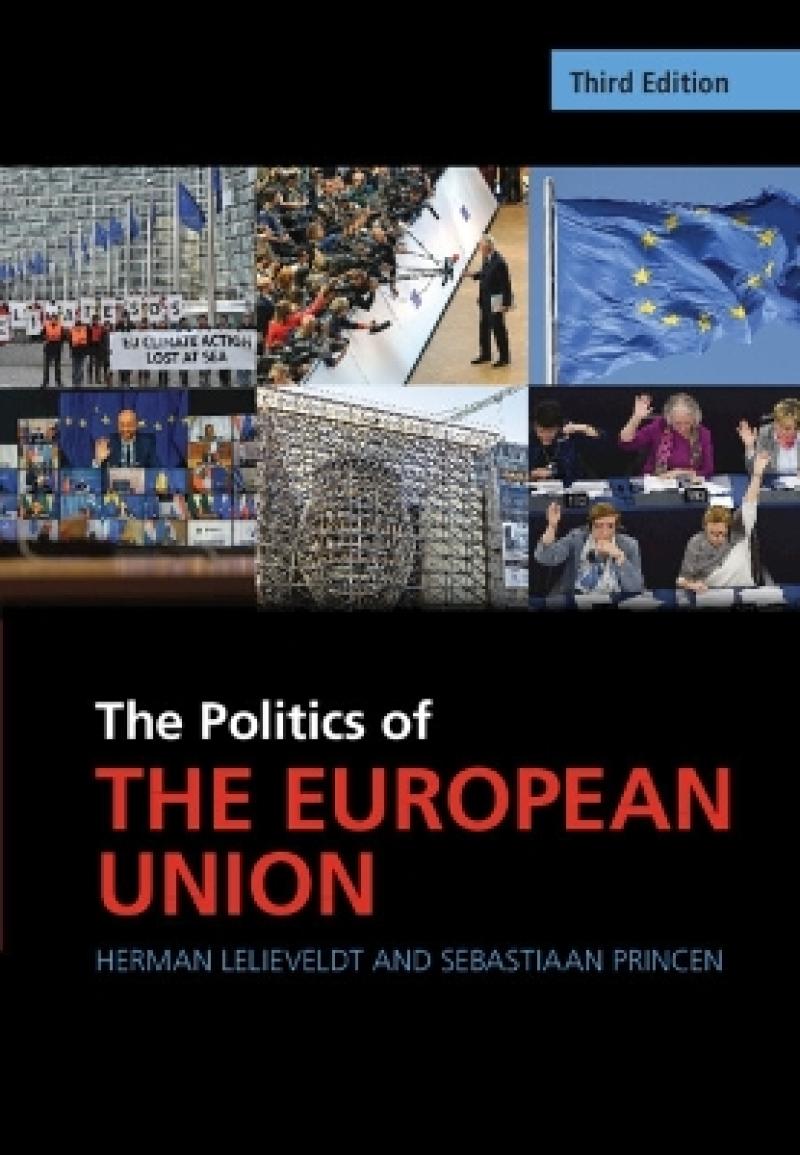Praise for the First Edition: 'In a world of either overly empirical or overly complex EU textbooks, Lelieveldt and Princen strike an excellent balance in writing a theoretically informed, empirically accurate and highly accessible introduction to the politics of the EU.' Mark Rhinard, Stockholm University in Public Administration
'Finally, an EU textbook that seamlessly weaves together comparative politics and EU politics … a richly textured, highly informative, yet accessible book for graduates and undergraduates.' Liesbet Hooghe, University of North Carolina at Chapel Hill and European University Institute, Florence
